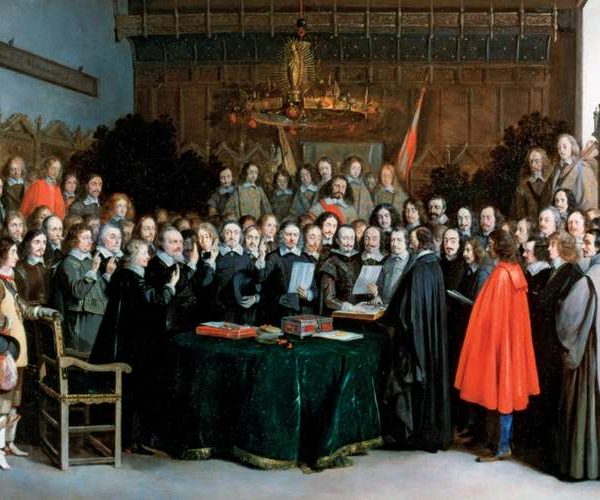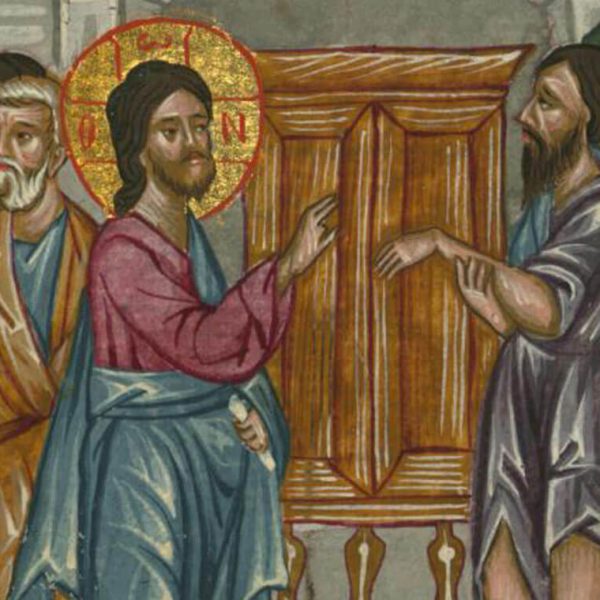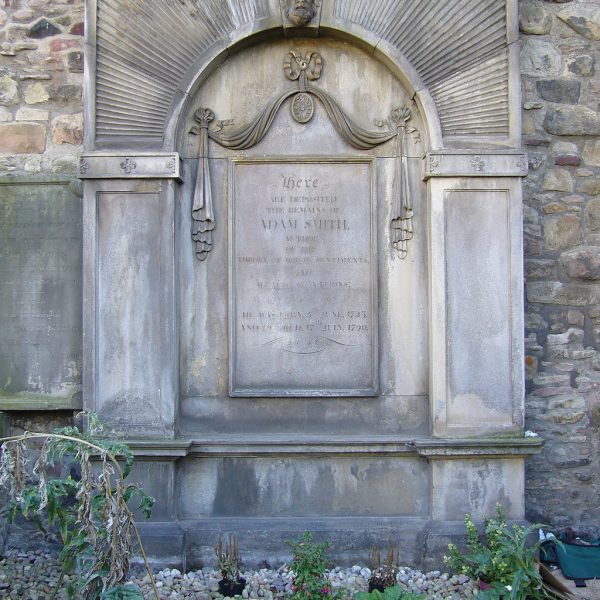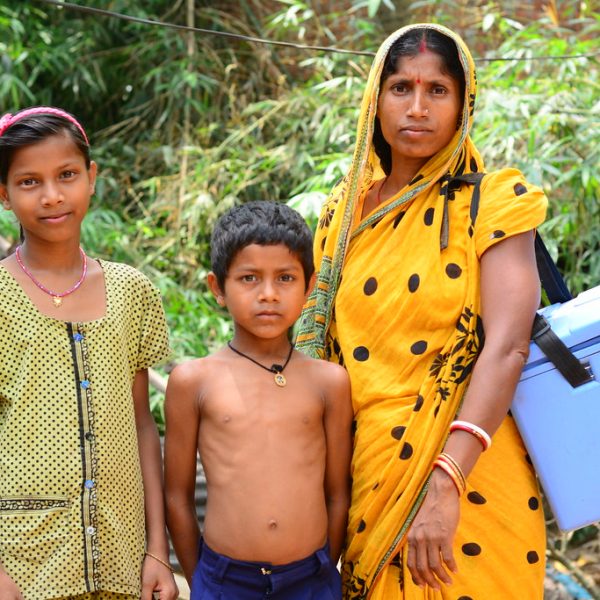
During this global pandemic, a theological imagination contributes to helping us draw on a public health approach to our security strategies and shift focus to a just peace framework.

It is consistent to say that everyone is equally intrinsically valuable by virtue of being human, and that death will deprive more future well-being from some. Focusing on the deprivation of future well-being will immediately bring up concerns.

By the end of that first week our operations shifted and many of our staff, including myself, were set up in a senior center in Queens getting ready to boost our food distributions and our senior grab-and-go grocery bags. During that week we began to anticipate two major developments of this pandemic: the public health crisis and the ensuing economic hardship.

These restrictions must take into careful consideration the historicity of each religious tradition, the social influence of religious beliefs among its citizens, but also theological and exegetical specificities that influence the tradition’s adaptability to the current emergency. Without such thoughtful considerations and a close collaboration with trusted religious authorities, religious communities could be alienated, which can be disruptive in times that require rather unity of thought and action.

Even though the vaccination debate has nothing to do with religion, the public colored it with religious tones, and opted for policy inspired by the evolving culture of religious toleration and respect for individual conscience. After this move in the direction of post-reformation European culture took shape, public health turned medieval.

Non-vaccinating parents are asking, in the name of religion, to risk their own child and their child’s classmates with a preventable disease. This is not a theoretical risk: the last outbreak of polio in the United States, to give one example, was in a Christian Scientist school with low vaccine rates.

Uprooting a fear without replacing it with helpful information is redundant. Therefore, it is time to shift focus from merely quashing anti-vaccine sentiment to intentionally building vaccine confidence. Nigeria provides a heartening case study on how this can be achieved.




